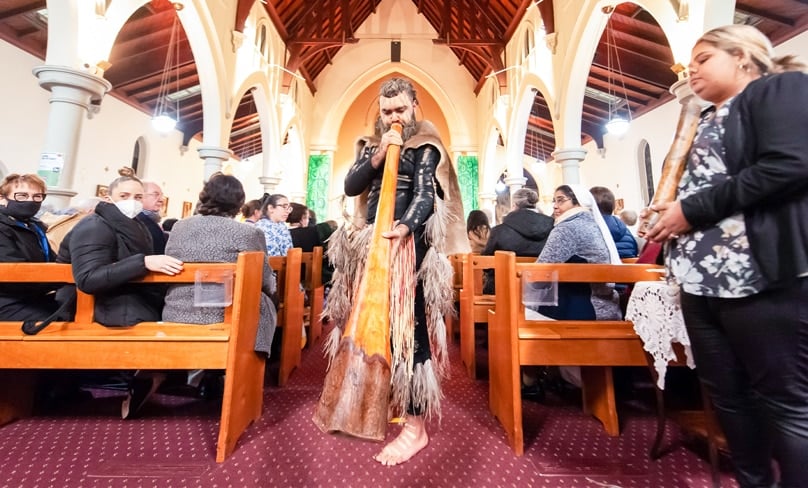
By Sr Susan Connelly, Sr Josephine Mitchell and Sr Jan Barnett
It is confronting that opposition to the First Peoples’ Voice in the Australian Constitution relies on levels of disinformation. Two questions pose themselves: why is there so much untruthfulness abroad in the current public discussion, and what does it say about Australian society?
Each of us will be asked soon whether we approve an alteration to the Constitution to recognise the First Peoples of Australia by establishing an Aboriginal and Torres Strait Islander Voice.
We are presented with objections to this straightforward question that range from the genuine to the ridiculous. The advice to “vote No if you don’t know” instead of encouraging people to “find out” makes a mockery of the serious decision the nation is being asked to make.
Opponents of the Voice are demanding more detail. However, the Constitution does not provide similar detail about other matters, nor could it bear the volume of material if specifics were required for the many matters subject to it.
The Constitution establishes the powers of the parliament, the executive and the judiciary; it does not undermine those powers by adding elements which would require changes according to times and needs. It is for the parliament of the day to interpret the Constitution.
A Voice enshrined in the Constitution would prevent repetition of many past failures, where projects focused on Indigenous people were first established then dismantled according to the whim of this or that government, or through mismanagement (including by Indigenous people).
Stronger Constitutional recognition of Australia’s First Peoples would ensure that future governments could neither ignore them nor undermine timely procedures designed for their benefit.
Serious fabrications abound, making one wonder why they are seen as necessary if the No case has a solid foundation.
For example, the official pamphlet for the No case quotes Professor Greg Craven implying that he is against the Voice, whereas he has publicly stated that he will vote Yes.
An Indigenous man with the same surname as Vincent Lingiari (into whose hands Whitlam famously poured soil) was wrongly hailed as supporting the No case.
There are false claims that the Uluru Statement is not a one-page document at all, but has many other hidden pages.
Strangely, there is no federal law that bans untruthful or misleading political advertising, a situation that is supporting the level of disinformation that is abroad and which feeds wild and fearful claims that appear on social media.
Opinion has been expressed that having survived well for 65,000 years, First Nations peoples may rediscover their ancient confident and successful selves if government bureaucracy, such as the Voice, was minimised or non-existent.
This casual dismissal ignores the recent 250-years history of those very peoples, which is replete with European-inspired dispossession, massacres, introduced diseases, decimation, rapid industrialisation and racism.
Would Jesus tolerate lies or racial slurs? Would he ignore the rates of Indigenous peoples’ deaths, preventable illnesses and incarceration, or their education and employment disadvantages? Would he try to bury their history?
Given his treatment of downtrodden people, his attitude to the purpose of law, his insights into the damaging influence of poor leadership and his denunciation of hypocrisy, is it likely that he would vote No to this modest proposal for a First Peoples Voice?
Australians don’t need to rely on untruths or fearmongering. We are good at calling a spade a spade and giving everyone a fair go. We celebrate our pioneers, war heroes, writers, artists, scientists and sportspeople. Now is our chance to formally recognise our First Peoples and listen to them.
No one can be told how to vote, but each of us will have to answer to God for what we write on that page.
Sr Susan Connelly, Sr Josephine Mitchell and Sr Jan Barnett are Sisters of St Joseph of the Sacred Heart.
